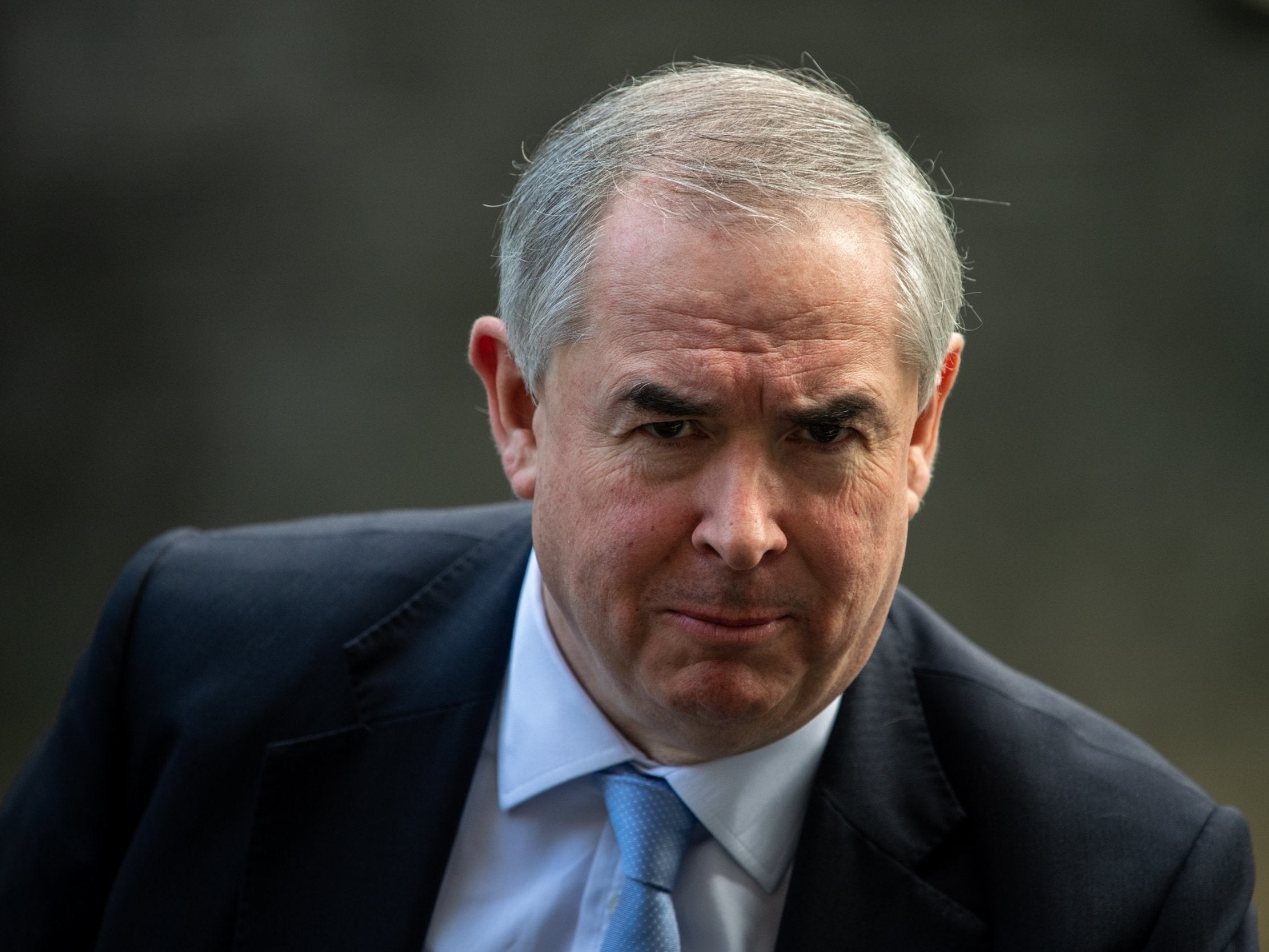MPs demand prosecutors reverse 'covert change' causing plummeting rape charges
Exclusive: Cases being dropped ‘without rational explanation’, MPs warn in letter to attorney general

MPs are calling on authorities to reverse a “covert change in policy” on rape cases amid plummeting prosecutions.
Only 1.7 per cent of rapes reported to police in England and Wales now result in a charge, and victims have accused authorities of “decriminalising” sex attacks.
In a letter seen by The Independent, a cross-party group of MPs called for the attorney general to “immediately reinstate the merits-based approach to charging decisions in rape cases, so that more people can see their assailants brought to justice”.
“Over the past four years, the number of rapes reported to the police have gone up by 173 per cent, but the number of cases charged and brought to court has fallen by 44 per cent,” the letter said.
“The government is neglecting people across this country by failing to guarantee the right to justice and support after sexual violence has taken place.”
The MPs, from Labour, the Liberal Democrats and Green Party, said that a legal challenge launched against the Crown Prosecution Service (CPS) accused it of a “covert change in policy” that caused charges to plummet.
“These allegations are supported by a dossier of cases in which accusers had their cases dropped without rational explanations,” they said.
“We are extremely alarmed by this alleged change in policy or practice at the CPS – undertaken without public consultation or parliamentary scrutiny – and the resulting collapse in prosecution rates for this very serious crime.”
The letter was signed by a dozen MPs, including former solicitor general Harriet Harman, Jo Swinson, Stella Creasy and Heidi Allen.
Wera Hobhouse, the Liberal Democrat MP who wrote the letter, said survivors of sexual violence were “being failed at every step”.
“CPS have been cut to the bone, and so aren’t spending money in taking cases to court that are deemed risky,” she told The Independent.
“Sexual violence cases are notoriously difficult to prosecute give their complex nature, so they are the first to go. The figures clearly demonstrate this. It’s no wonder survivors feel like rape has become decriminalised.”
A spokesperson for the attorney general, Geoffrey Cox, said his office had “received the correspondence and will respond in due course”.
The letter comes after The Independent reported how police were demanding mobile phones from women reporting rape, even in a case where a woman had been attacked by a stranger eight years before.
Officers had already identified the man who attacked Jane* by DNA but claimed they needed access to her school and medical records to secure a charge.
Another victim, Bonny Turner, waived her right to anonymity to reveal how her alleged rapist was not prosecuted despite “confessing” in a Facebook message.
When she accused the man of forcing himself inside her as she slept, he replied: “I know.”
Ms Turner said: “In my view rape has become decriminalised. If a confession isn’t enough to even get to court there’s no hope for anyone else.”
The CPS said the case did not meet the threshold for a charge because there was “no realistic prospect of conviction”, while City of London Police defended its “thorough investigation”.
Campaigners have accused the CPS of charging more “conservatively” after a scandal over rape cases that collapsed because of newly uncovered messages and photos in 2017.
The Information Commissioner’s Office is currently investigating allegations of disproportionate intrusion into complainants’ privacy.
The government has launched a separate review of the way sexual violence cases are handled across the criminal justice system, which will consider the reasons behind the plummeting prosecutions.
In April, police and prosecutors unveiled controversial forms aiming to standardise the way electronic devices are requested and explain how data is used.
But police and crime commissioners called for the documents to be withdrawn the following month, amid warnings that the “traumatising” intrusion might stop victims reporting sexual assault and abuse.
The Centre for Women’s Justice and End Violence Against Women coalition have launched a legal challenge over the “catastrophic drop in rape prosecutions” that accuses the CPS of secretly changing their policy and practice.
But the CPS has denied any change to the way it makes charging decisions in rape cases.
“These offences can have a devastating impact on victims, and we will always seek to prosecute where there is sufficient evidence to do so,” a spokesperson said.
“Decisions to prosecute are based on whether our legal tests are met, and no other reason. Rape and serious sexual offence cases are all dealt with by specialist lawyers, highly trained in the complexities of these offences, including rape myths and stereotypes.
“Anyone unhappy with a decision not to charge has the right to ask for a review of their case by another prosecutor, independent of the original decision maker.”
*Name changed to protect anonymity
Subscribe to Independent Premium to bookmark this article
Want to bookmark your favourite articles and stories to read or reference later? Start your Independent Premium subscription today.

Join our commenting forum
Join thought-provoking conversations, follow other Independent readers and see their replies